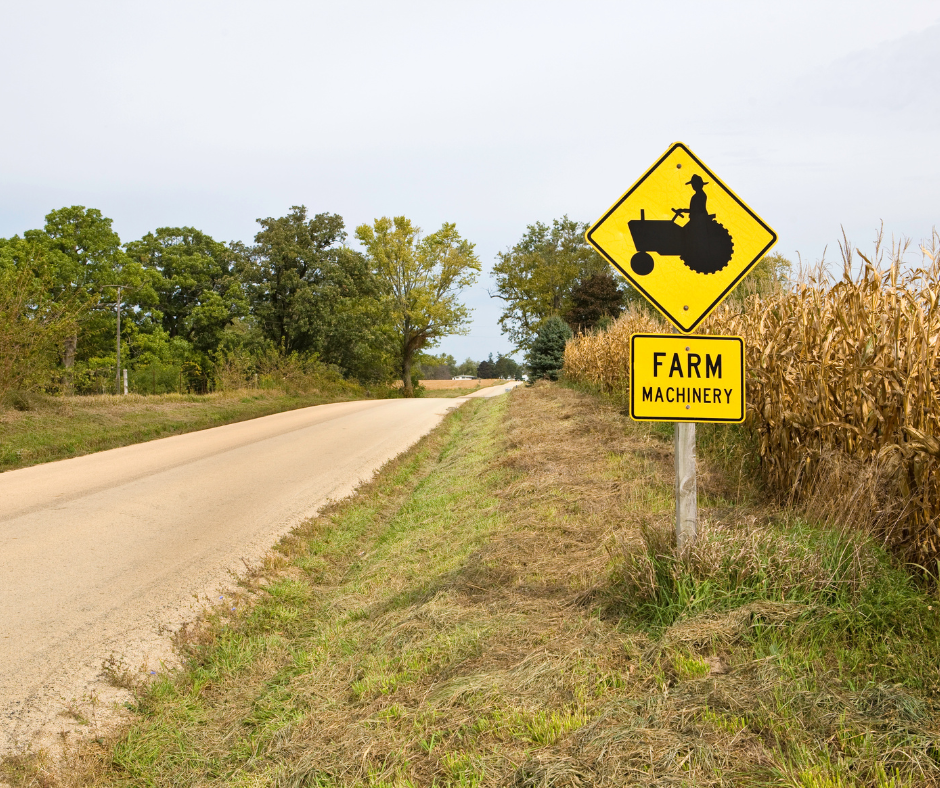Geese and sandhill cranes are calling, tulips and trees are budding, and farmers can’t wait to get back to their fields, and that must mean spring has arrived!
For many communities around Wisconsin, it also means increased traffic on rural roads during the upcoming planting season.
As more farmers own or lease land that is not directly connected to their main property, we are seeing more tractors traveling longer distances on the road. At the same time, more Americans are moving out of cities and into rural areas, which means there’s more, slower traffic on those same rural roads.
If drivers aren’t careful, a normal morning commute can quickly take a turn for the worse.
Over the years, the apply of seat belts, airbags and rollover protection systems have reduced the likelihood of grave injury in the event of an accident, but avoiding them altogether is still the preferred option.
Fortunately, many accidents involving slow-moving vehicles can be prevented by keeping a few key points in mind.

Always remain alert when driving. This is true whether you are traveling in your private vehicle or a tractor-trailer, and make sure both drivers and passengers wear seat belts. Road sides can be particularly cushioned after snow melt and spring rains, so it is not always possible for agricultural machinery to exit the main lane.
Only cross passing areas when you are sure it is protected to do so – even if the machine cannot move sideways. Since 2014, overtaking agricultural machinery in no-passing zones on Wisconsin roads has been illegal.
Keep an appropriate distance between vehicles and do not drive too close to an intersection. Stopping agricultural machinery takes longer than stopping a passenger vehicle. Overall, remember to be patient. People driving machinery also want to get to their next location quickly and safely, so be sure to give them a break when crossing paths.
Last fall, we celebrated National Farm Safety and Health Week with the message “No One Can Take Your Place.” This message reflects the precautions taken by both farm workers and rural residents, especially during seasons such as planting and harvesting.
To learn more about how we can all stay protected on Wisconsin roads at any time of year, including busy planting season, visit the National Education Center for Agricultural Safety (NECAS) website. More online educational resources about agricultural safety can be found by visiting necasag.org!
Whether you drive a tractor or a car, road safety is everyone’s responsibility. Take this protracted opportunity to thank a farmer and appreciate this pretty state in which we live.


